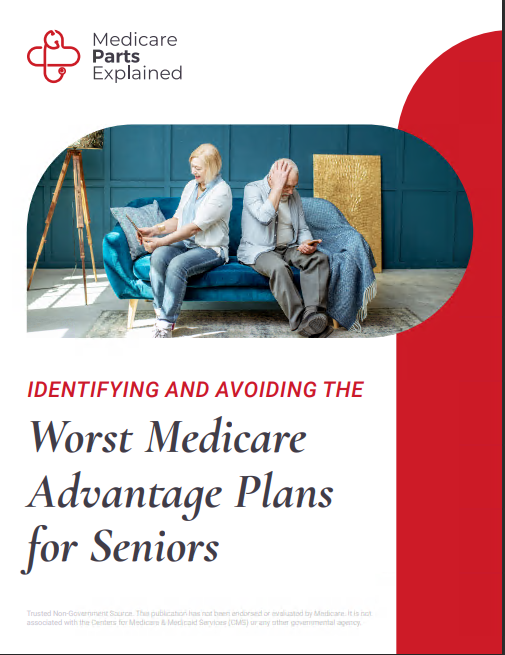Eligibility Requirements for Medicare Part A
Medicare Part A, also known as Hospital Insurance, provides coverage for inpatient hospital care, skilled nursing facility care, hospice care, and some home health services. Understanding the eligibility requirements for Medicare Part A is crucial for individuals who are nearing retirement age or facing disability. In this guide, we’ll explore the eligibility criteria for Medicare Part A, including age-based eligibility, work history requirements, and eligibility for certain special circumstances.
Age-Based Eligibility for Medicare Part A
Work History Requirements for Medicare Part A Eligibility
- They or their spouse must have worked and paid Medicare taxes for at least 40 quarters (10 years) while employed in a job that qualifies for Medicare tax contributions.
- They must be at least 65 years old or have a qualifying disability.
Special Circumstances: Qualifying for Medicare Part A Under Age 65
- Receiving Social Security Disability Insurance (SSDI) benefits: Individuals who have received SSDI benefits for at least 24 months are automatically enrolled in Medicare Part A.
- End-stage renal disease (ESRD) or amyotrophic lateral sclerosis (ALS): Individuals with ESRD or ALS may qualify for Medicare Part A regardless of age, provided they meet certain criteria.
Citizenship and Residency Requirements for Medicare Part A Eligibility
Enrollment Process for Medicare Part A
For individuals who become eligible for Medicare Part A based on age, enrollment is typically automatic if they are already receiving retirement benefits from the Social Security Administration or the Railroad Retirement Board. Individuals who are not automatically enrolled in Part A can sign up during their Initial Enrollment Period (IEP), which begins three months before the month of their 65th birthday and ends three months after the month of their birthday.
Late Enrollment Penalties for Medicare Part A
It’s important for individuals to enroll in Medicare Part A during their Initial Enrollment Period (IEP) to avoid late enrollment penalties. If an individual delays enrollment in Part A and does not qualify for premium-free coverage based on their work history or another special circumstance, they may be subject to a late enrollment penalty when they do enroll. This penalty typically results in higher monthly premiums for Part A coverage.
Conclusion: Navigating Medicare Part A Eligibility
Ready to navigate your Medicare Part A eligibility with confidence? Download our associated eBook as a supplemental guide for a detailed breakdown of eligibility criteria, enrollment processes, and strategies to avoid late enrollment penalties. Have questions or need personalized assistance? Connect with our team of Licensed Insurance Agents listed on our website for expert guidance tailored to your needs. Take the first step towards securing your healthcare future today.




